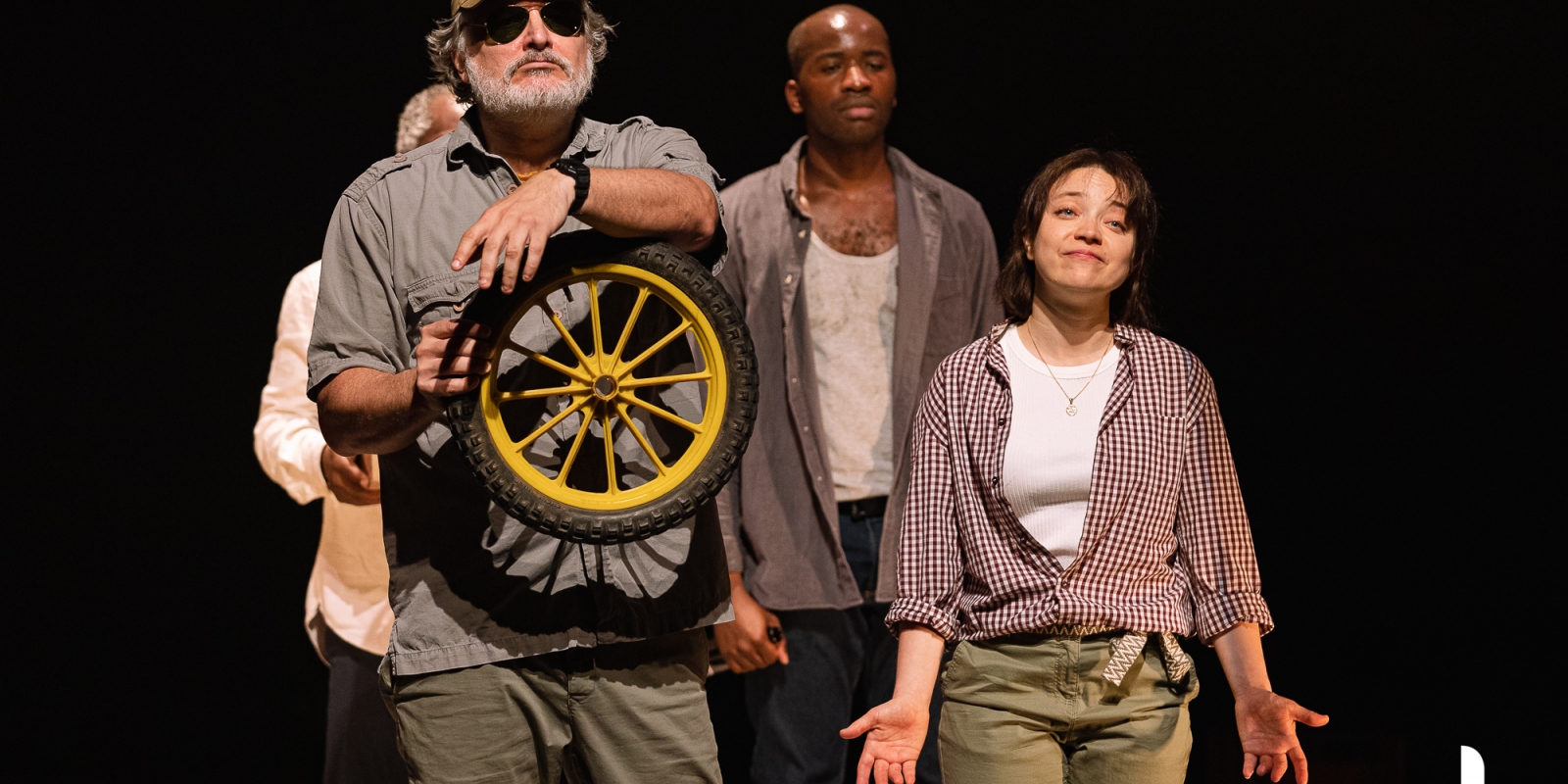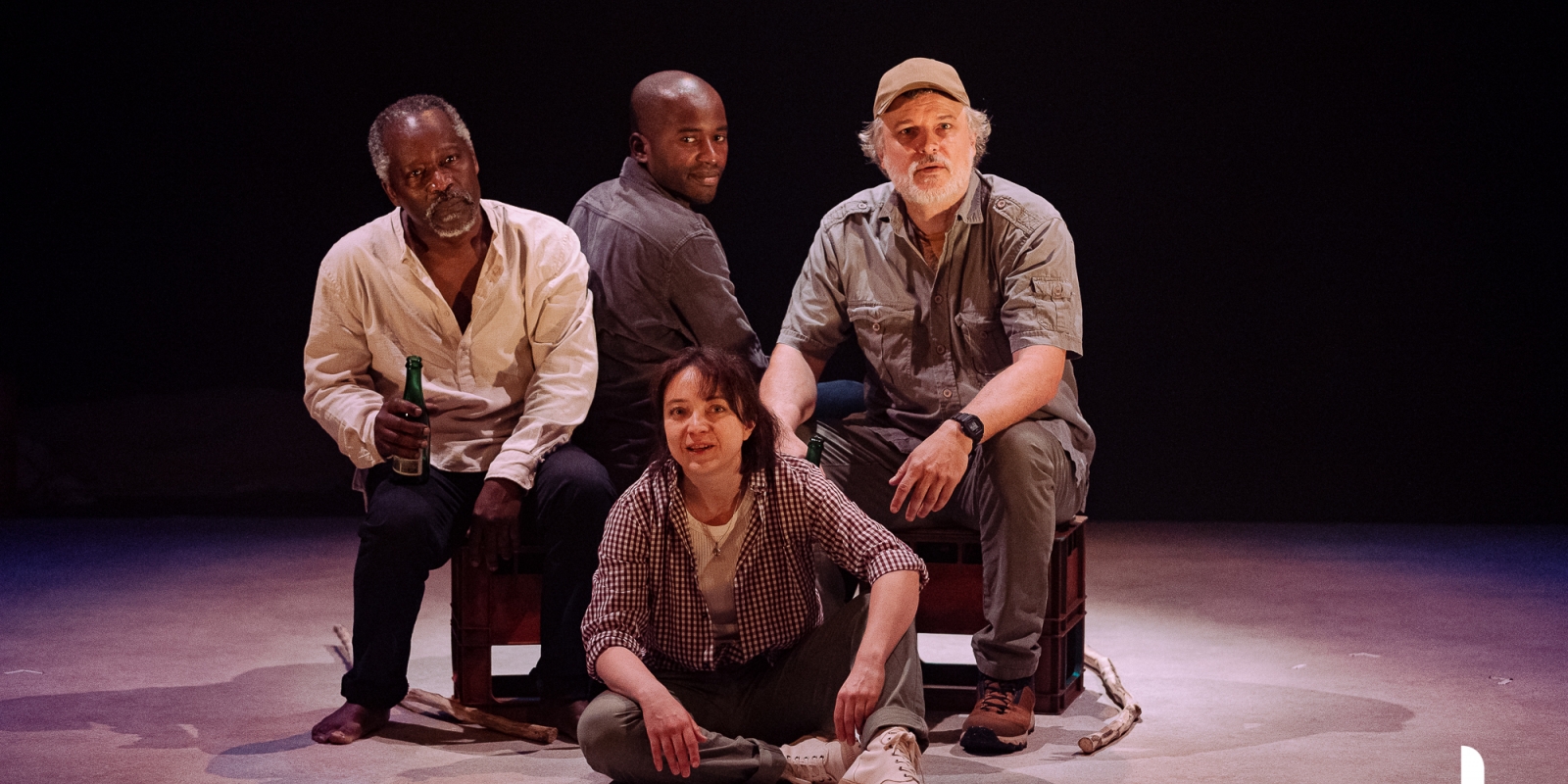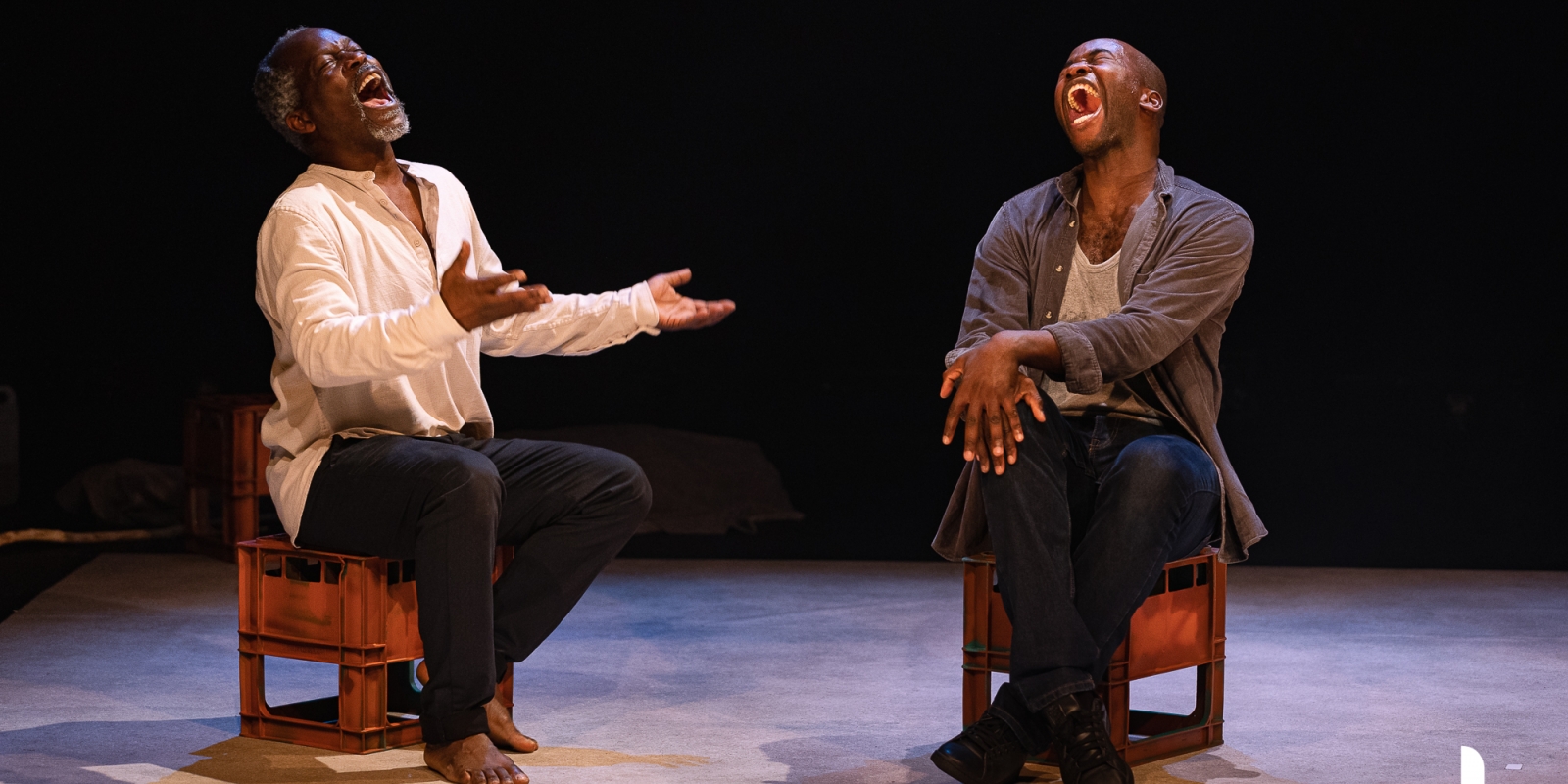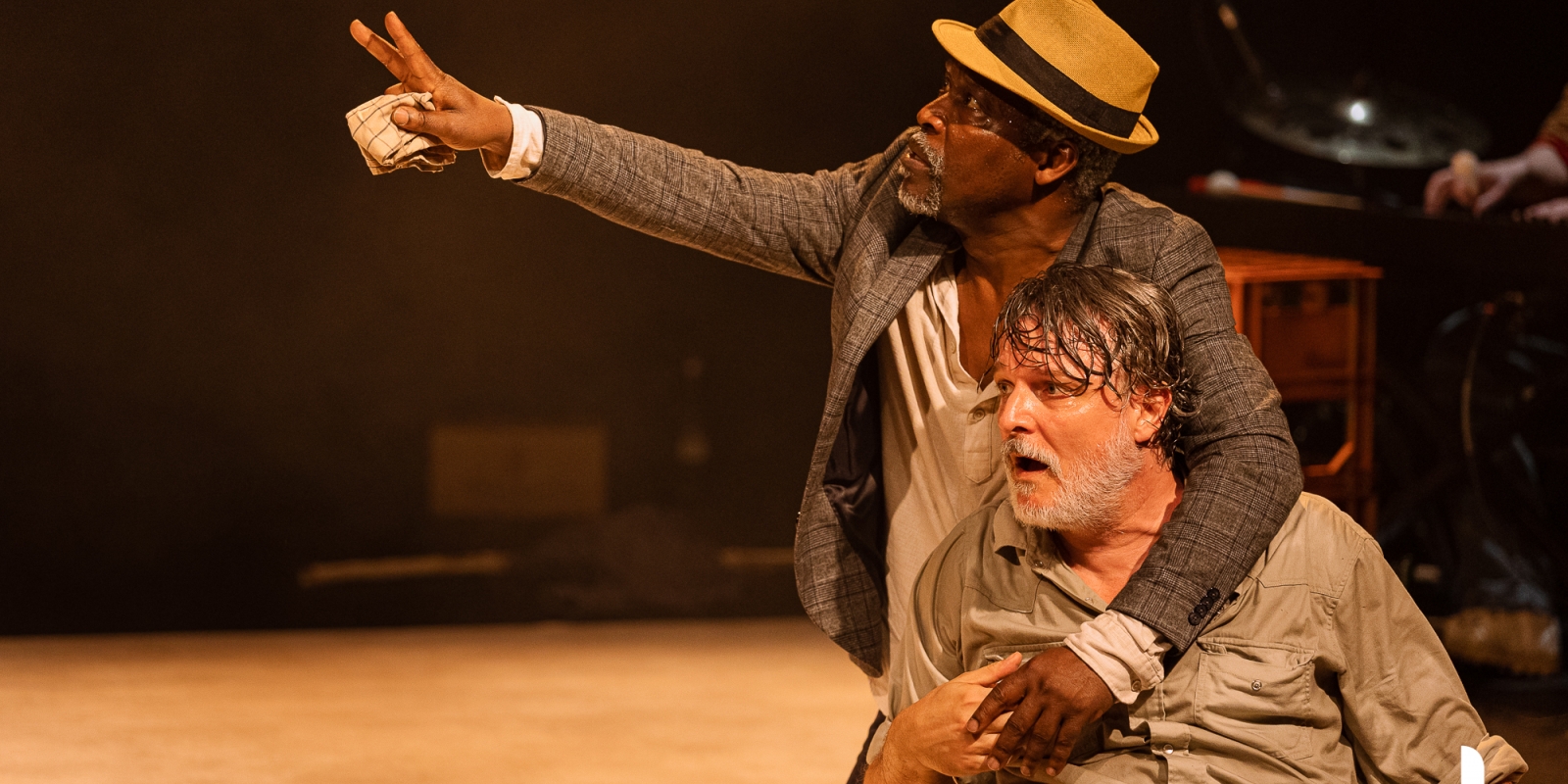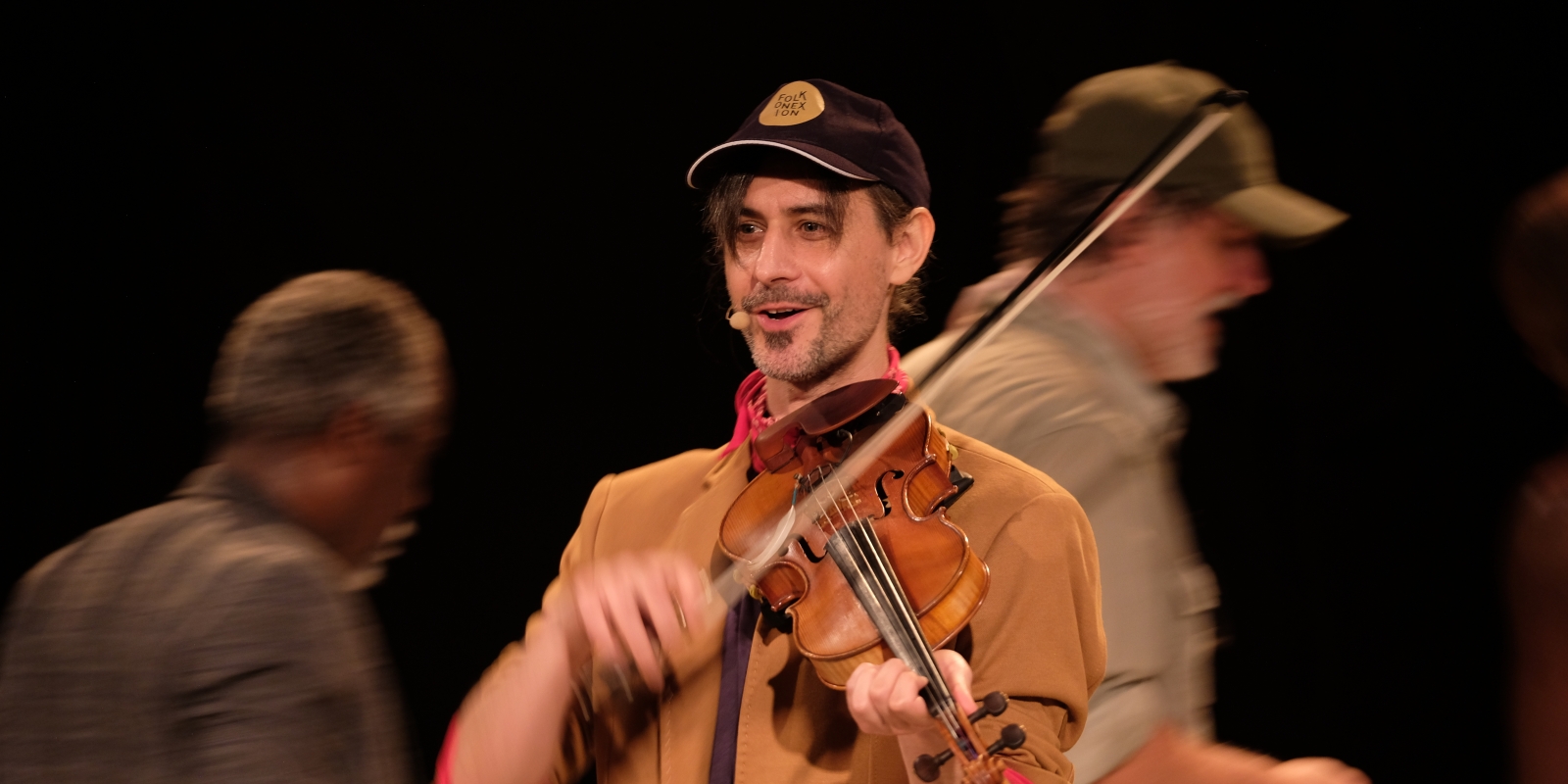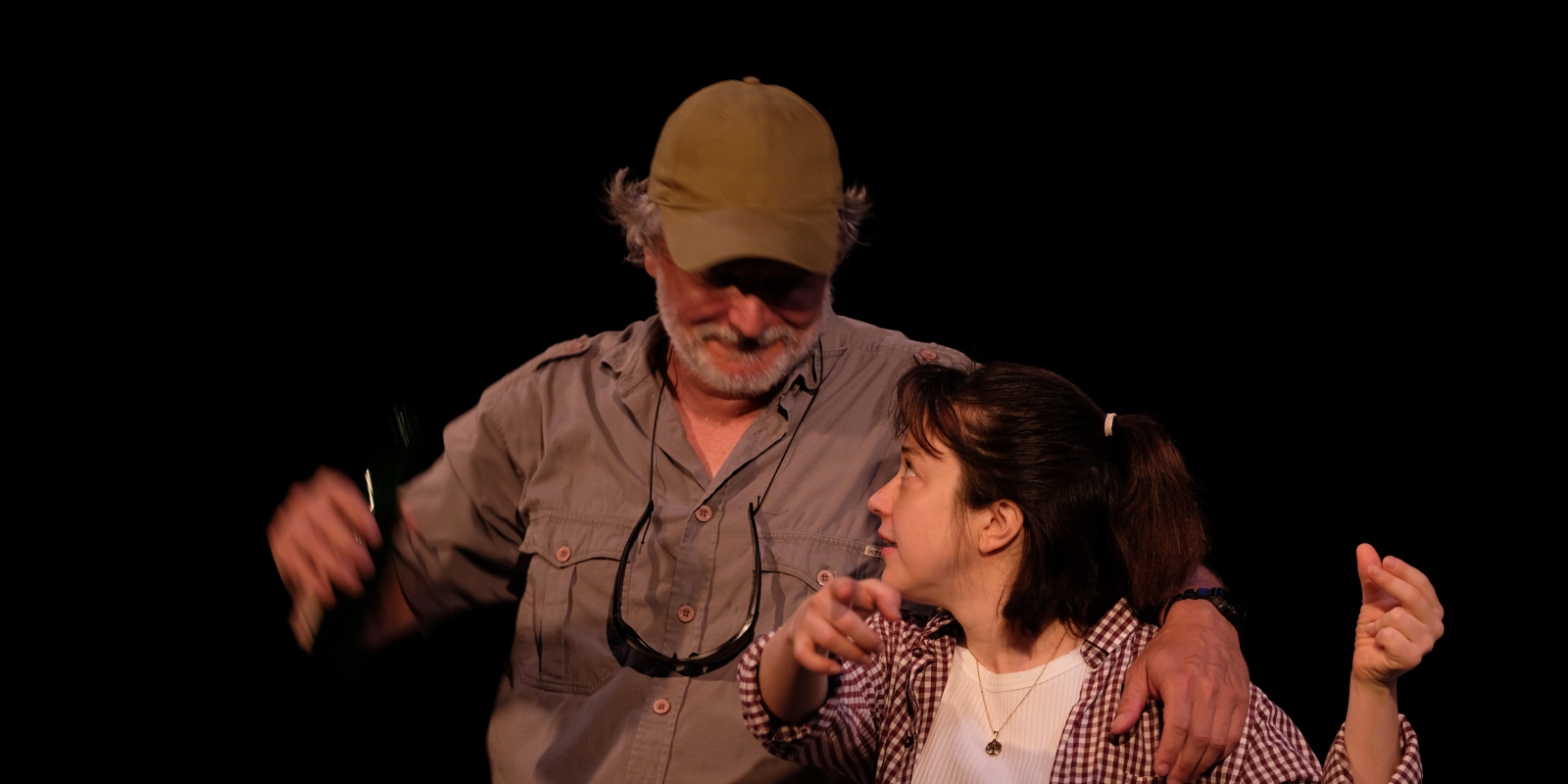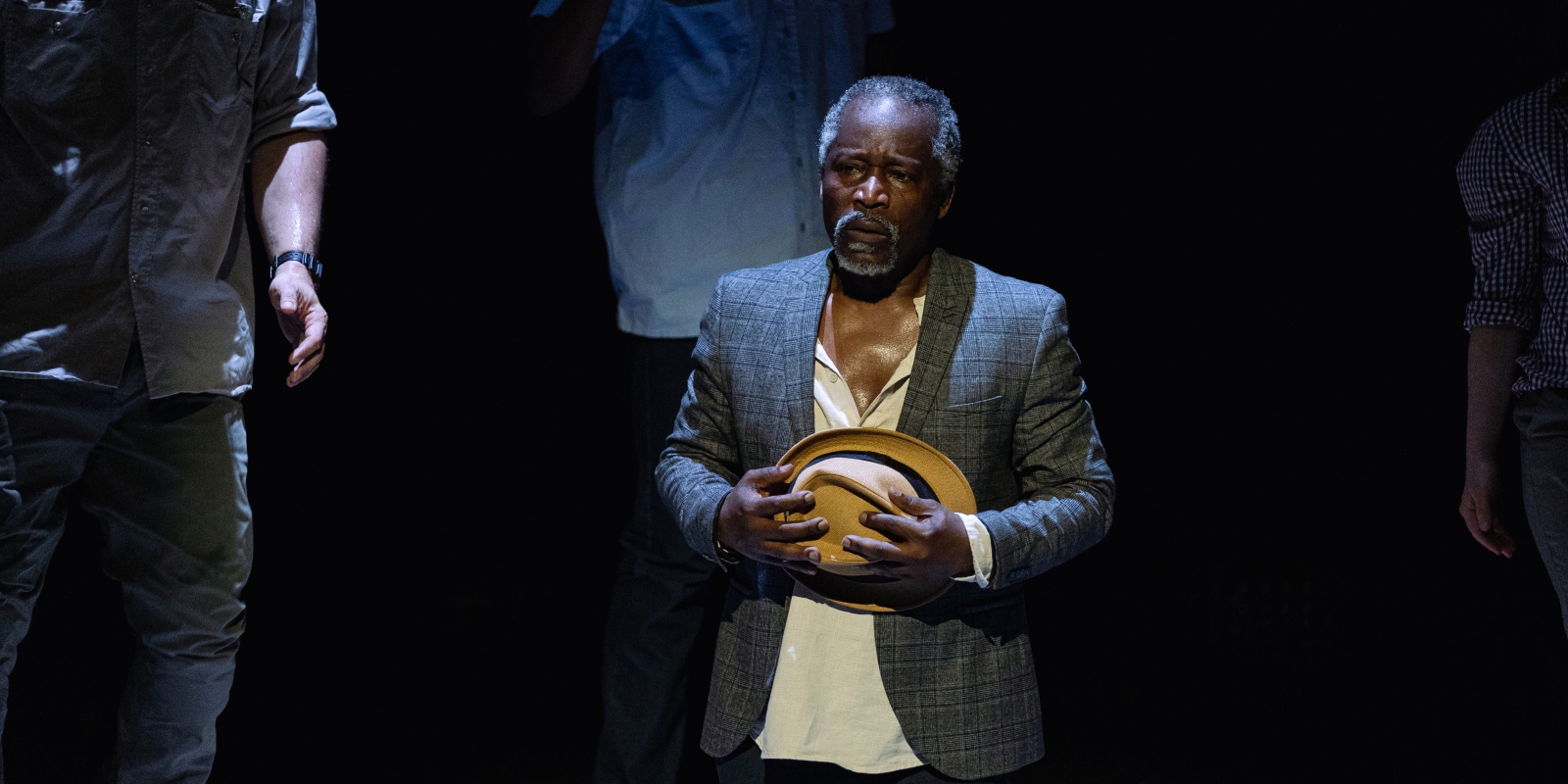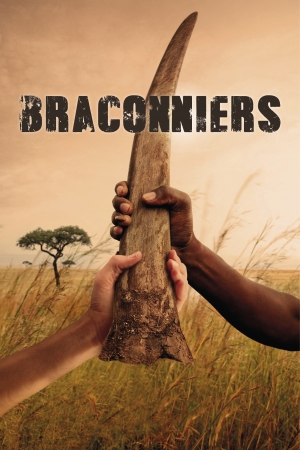
Partners
Les Passionnés du Rêve
Presentation
When Paul Wright's young rhino is killed by poachers on his ranch, his combat to protect the species becomes personal. At the same time, in a village some distance away, James Ngobo is looking for answers, following the murder of his younger son. Two fathers, two cultures, two destinies intertwine against the background of apartheid. A theatrical road in the African savanna. Eric Bouvron, who grew up in South Africa, invites the spectator on a human adventure, a journey with suspence, accompanied with music, along the red murram roads of Southern Africa.
Eric: During a trip to South Africa, the country of my childhood, I was in an animal reserve where a rhino was killed by poachers. That year, about four hundred rhinos were killed. I witnessed the pain and trauma of my hosts, who lost an animal they cherished as one of their own. Beyond their love for the animals, they have to maintain the well-being of the tourists who stay with them because it is this tourism that allows them to finance the safeguarding of the wild animals.
The poacher is not the "baddie" as we tend to believe, but the victim of a social system where the poor villager is pushed to commit these criminal acts to survive. For him, the life of a man is worth more than that of an animal.
Through the story of two fathers, Paul and James, and their respective children, Cynthia and Lindelani, I wanted to explore the relationship between these communities living together in post-apartheid South Africa.
Wounds do not heal easily: for the old African generation, submission is still there, 'under the skin'; for the new African generation, on the contrary, anger is rife; this generation is claiming its rights and its land, sometimes with violence. As for the white African, the "oppressor", who now carries the guilt, he is doing his best to turn the page.
Intention
Eric : I wanted to tell this story which is very personal to me. As a child, I lived with people of all origins. However, I was surrounded mainly by white people, the blacks being "over there", far away, in their neighbourhoods. This was the natural state of affairs for me as a child. Today, looking back on that time with my adult eyes, I am overcome with a sense of guilt. The little boy that I was lived in this microcosm with its codes, and its vision of the world, a vision that today is contrary to my values. I have this contradiction in me and I wanted to explore it.
Through this dramatic story, accompanied by a dose of humour, I hope to bring the viewer into my Africa, the Africa I knew. To invite him to travel. To provoke him, sometimes to disturb him and then to allow him to draw his own point of view on the subject.
As with my previous creations, the purified space and an omnipresent music are my tools to reproduce the African savanna. As our master, Peter Brook, says, "it is in its capacity for suggestion that art finds its strength". Every time we try to add sets that are not essential, we reduce the space for the spectator's imagination. This is how I create. I trust the spectator. It is the African style of theater that I love. The actor is at the center and not the set. Music, sound and light are integral parts of the creation, they are partners in the service of the acting and the imagination of the audience.
The acting is realistic. However, since the play is choral, it is also theatrical. Apart from Paul, the protagonist, the story is performed by all four artists who will play several roles, sometimes even animals of the bush (the play begins with the hunting of a rhinoceros). A physical theater like we used to see in Africa. Raw in nature and yet precise like a ballet.
Cast / Distribution
Une création d'Eric Bouvron Co-écriture : Benjamin Penamaria Assistante à la mise en scène : Elena Michielin Création musique : Romain Trouillet Création lumière : Romain Titinsnaider Création costumes : Nadège Bulfay Avec : Yannis Baraban, Jean-Erns Marie Louise, Mexianu Medenou en alternance avec Francis Bolela et Aurélia Poirier Musique sur scène : 2 musiciens en alternance Christophe Charrier, Marie-Anne Favreau, Raphaël Maillet
